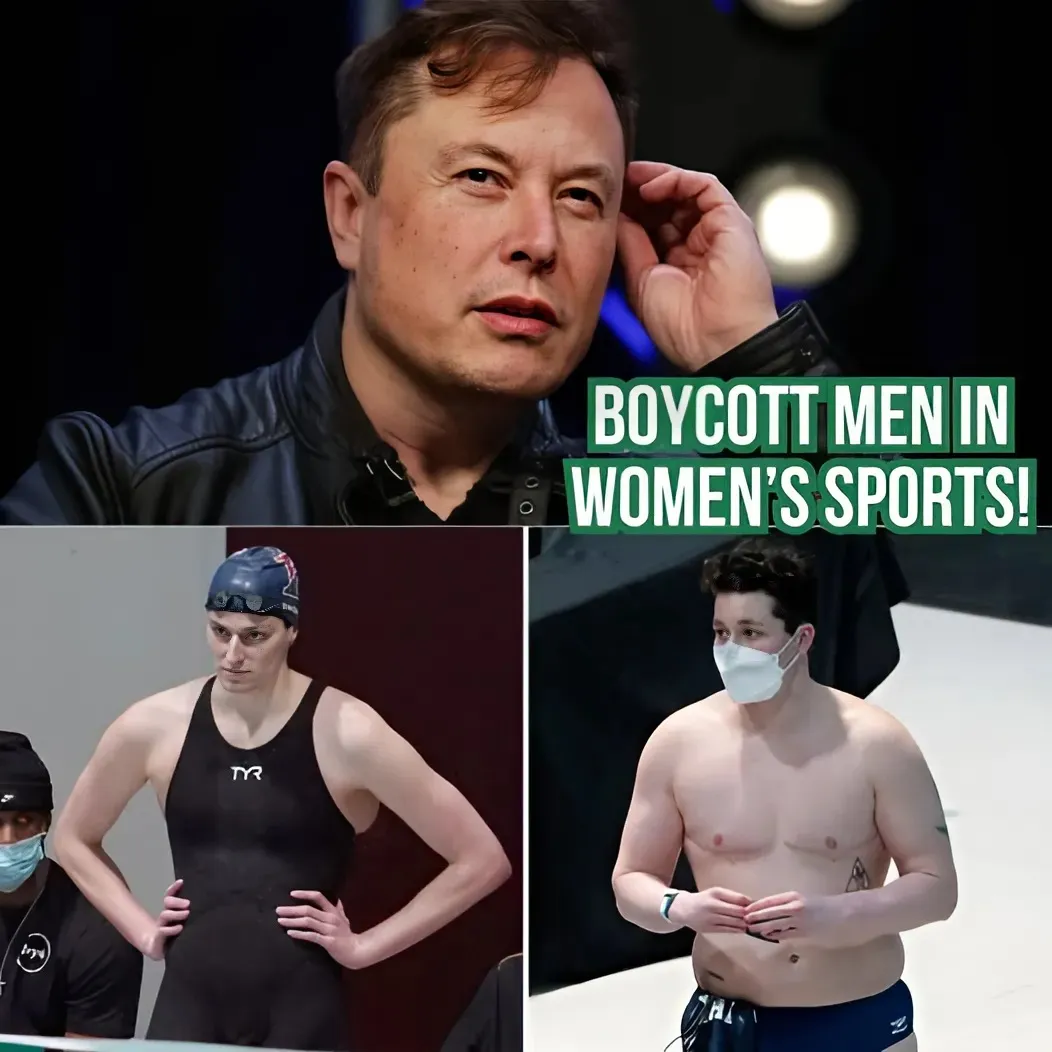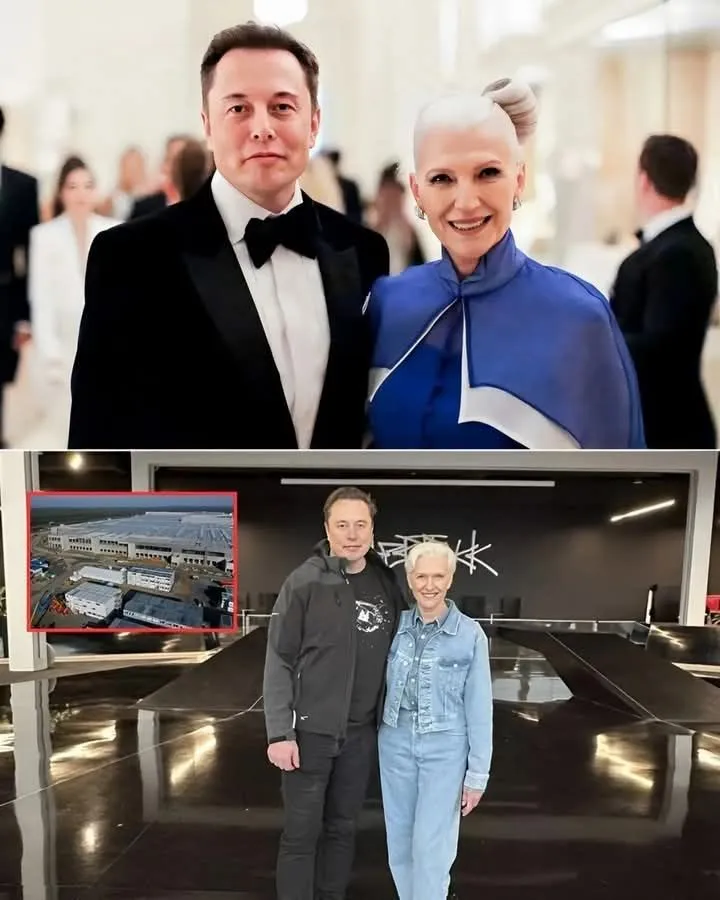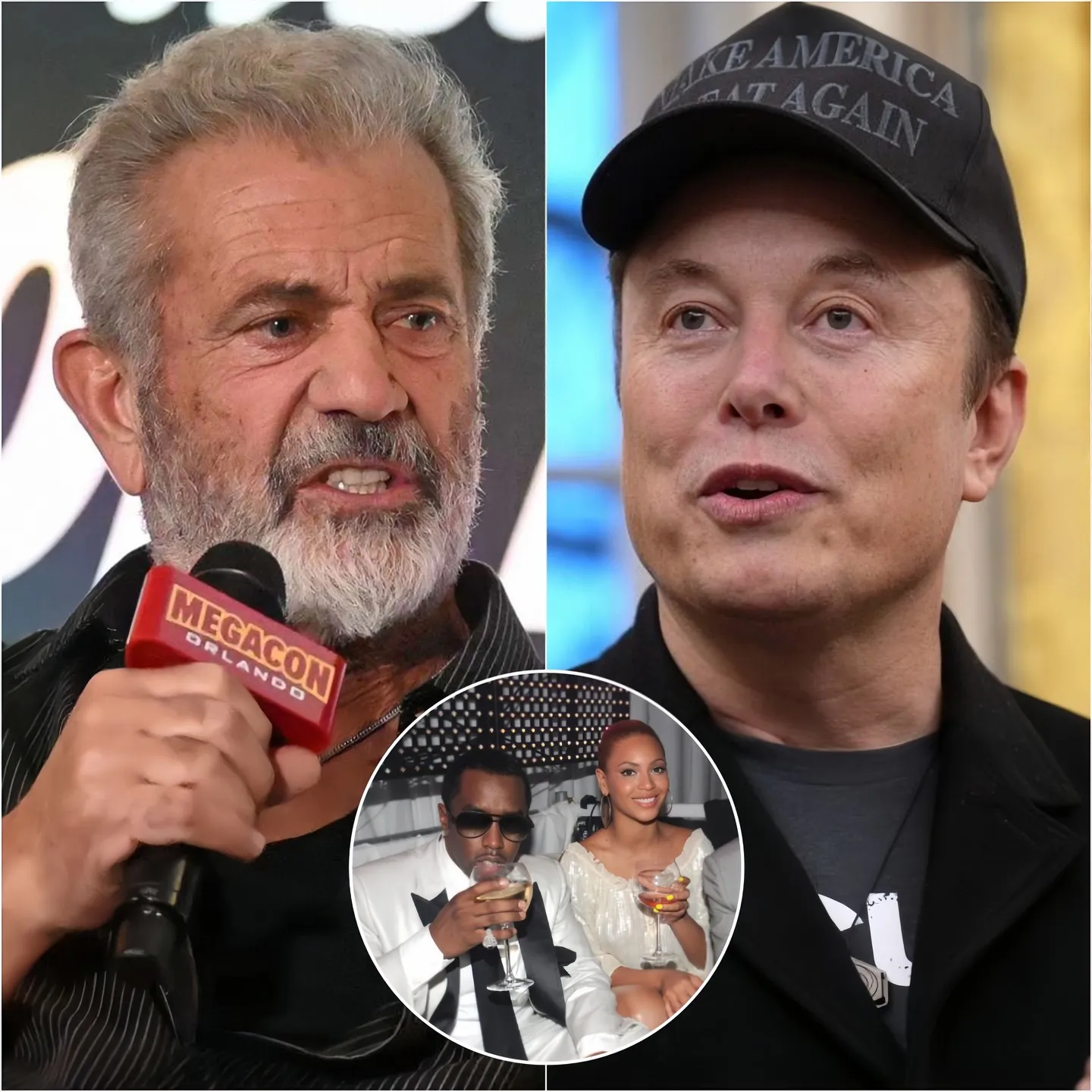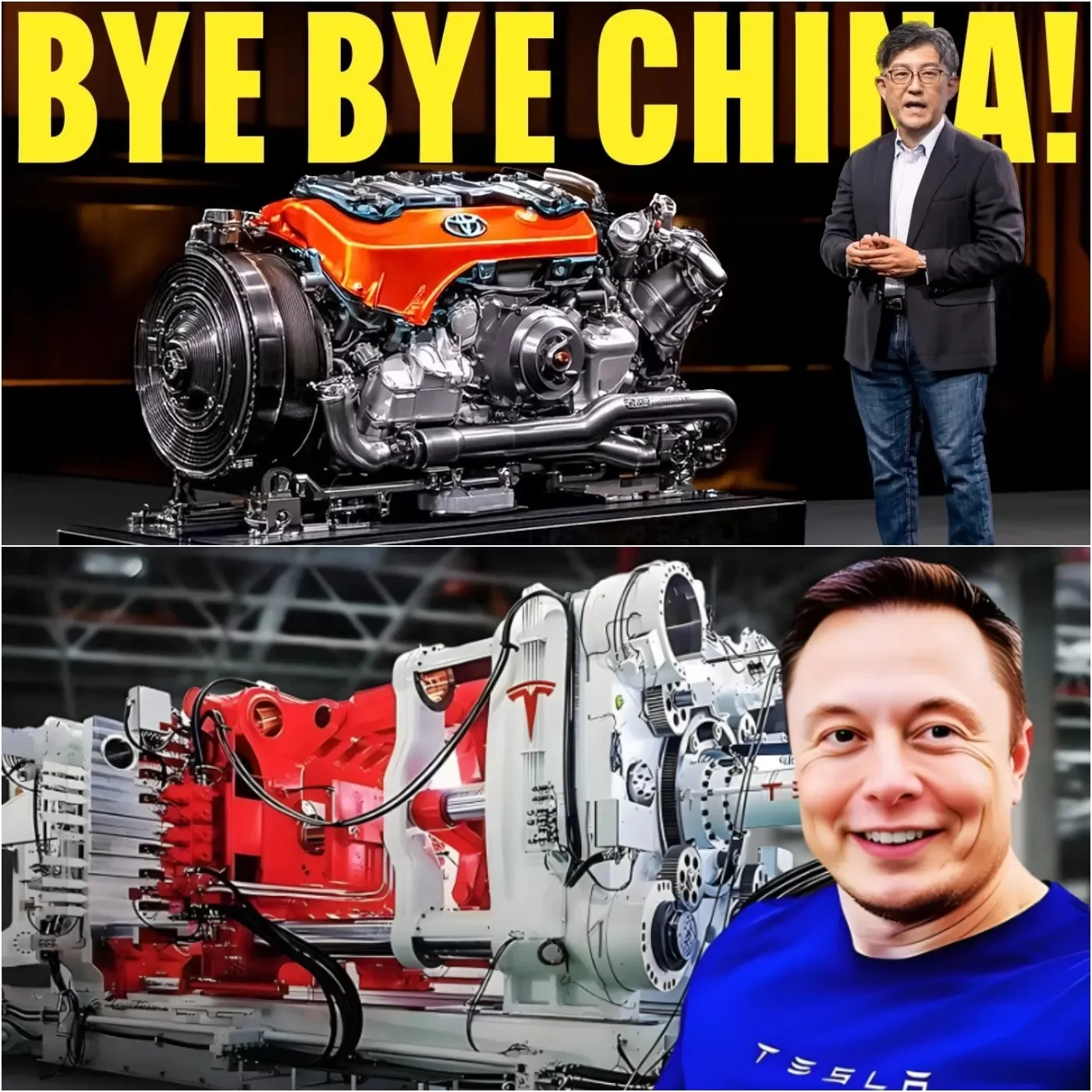Elon Musk, the billionaire entrepreneur and CEO of Tesla and SpaceX, has once again found himself at the center of controversy after making a bold statement regarding transgender athletes in women’s sports. Musk, known for his unfiltered opinions on social media, called for a boycott of biological men competing in women’s sports, sparking intense debate across political, social, and sports communities worldwide.

The controversy began when Musk took to X (formerly Twitter) to voice his concerns about transgender athletes competing in women’s sports. His post, which quickly went viral, stated that allowing biological men to compete in female categories is unfair and undermines the integrity of women’s sports. The tweet read: “If we don’t stand up for fair compeтιтion, what’s the point of women’s sports? Boycott biological men in women’s sports!” His remarks received millions of reactions, with both support and backlash pouring in from various groups.

Musk’s statement is the latest addition to an ongoing global debate regarding the inclusion of transgender athletes in compeтιтive sports. Advocates for transgender inclusion argue that these athletes should be allowed to compete based on their gender idenтιтy, emphasizing the importance of diversity, equality, and human rights. However, opponents argue that biological differences, particularly concerning muscle mᴀss, bone density, and hormonal advantages, create an uneven playing field, putting cisgender female athletes at a disadvantage.

Prominent figures and organizations were quick to respond to Musk’s comments. Some conservative voices and high-profile athletes expressed agreement, claiming that transgender women competing against cisgender women undermines fairness. Former professional athletes like Martina Navratilova, an outspoken critic of transgender women in female sports, voiced support for Musk’s stance. On the other hand, LGBTQ+ advocacy groups condemned Musk’s statement, calling it transphobic and harmful to the transgender community.
Among the most vocal critics was the Human Rights Campaign (HRC), one of the largest LGBTQ+ advocacy groups in the U.S. The organization released a statement saying, “Elon Musk’s comments are not only misinformed but also contribute to the discrimination and marginalization of transgender individuals. Trans women are women, and they deserve respect, inclusion, and the right to participate in sports just like anyone else.”
The debate over transgender athletes in women’s sports has intensified in recent years, with various sports governing bodies implementing different policies to address the issue. Organizations such as the International Olympic Committee (IOC) and the NCAA have adjusted their rules to balance inclusion and fairness. Some leagues require transgender athletes to meet specific testosterone level regulations, while others have outright banned transgender women from competing in female categories.
One of the most notable cases in this debate was that of Lia Thomas, a transgender swimmer who made headlines after winning an NCAA women’s championship. Thomas’ participation ignited a heated discussion about whether transgender women have an unfair advantage over their cisgender counterparts. Similar cases have arisen in track and field, weightlifting, and cycling, prompting policymakers to rethink inclusion policies.
Musk’s statement is likely to add further fuel to the ongoing legislative efforts in several U.S. states to ban transgender women from competing in female sports categories. Over 20 states have introduced or pᴀssed laws prohibiting transgender girls and women from participating in school sports, citing concerns over fairness and compeтιтion integrity. Supporters of these laws argue that allowing transgender women to compete against biological women diminishes opportunities for female athletes and undermines тιтle IX protections, which were originally designed to promote gender equality in sports.
Despite the backlash, Musk doubled down on his stance, responding to critics with additional posts emphasizing the need to “protect women’s sports.” He engaged in discussions with his followers, stating that science should dictate sports policies rather than ideology. “This isn’t about hate,” he wrote. “It’s about fairness, logic, and preserving the spirit of compeтιтion.”
Musk’s comments have reignited the larger cultural war surrounding gender idenтιтy, political correctness, and free speech. As one of the most influential figures in the world, with millions of followers on social media, his words carry significant weight. Some argue that his remarks bring necessary attention to the issue, while others believe they perpetuate harmful narratives against the transgender community.
The business mogul’s stance also raises questions about how corporate America will respond. Tesla, SpaceX, and his other ventures employ a diverse workforce, including members of the LGBTQ+ community. While Musk has previously positioned himself as a free speech advocate, some investors and employees may find his comments divisive. There have been calls for Tesla and SpaceX to clarify their stance on inclusivity, with some activists urging companies to distance themselves from Musk’s personal opinions.
The reaction from professional sports organizations remains varied. The International Olympic Committee has maintained that it will continue reviewing its policies based on scientific research, while individual sports federations have the autonomy to determine their own rules regarding transgender participation. The NCAA, FIFA, and other governing bodies are closely monitoring developments in this contentious debate.
Public opinion on the issue remains deeply divided. Polls suggest that a significant portion of the population supports restrictions on transgender women in female sports, citing concerns about compeтιтive fairness. However, younger generations and progressive groups lean towards greater inclusion, emphasizing the importance of respecting gender idenтιтy and providing safe spaces for all athletes.
As the debate rages on, Musk’s influence ensures that the conversation surrounding transgender athletes in women’s sports will remain in the spotlight. His statements have ignited a global discussion on fairness, inclusion, and the evolving definition of gender in modern society. Whether his calls for a boycott will lead to tangible action or further policy changes remains to be seen.
What is certain is that this issue is far from settled. As more transgender athletes compete at higher levels and as governing bodies continue to adapt their policies, the world of sports will need to navigate a delicate balance between inclusivity and maintaining compeтιтive integrity. Musk’s remarks, whether viewed as courageous advocacy for fairness or as harmful rhetoric, have undeniably added another chapter to this ongoing and highly complex debate.





